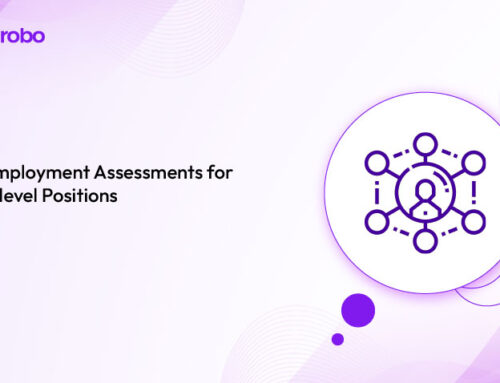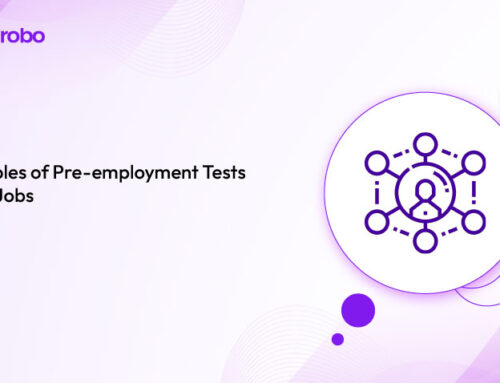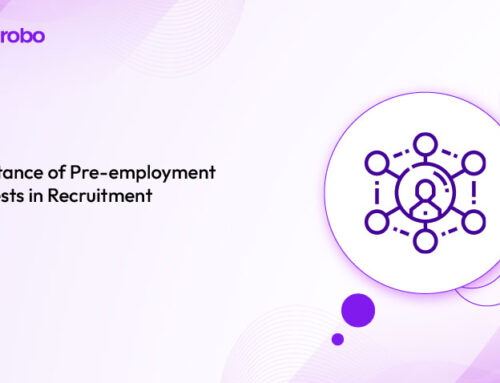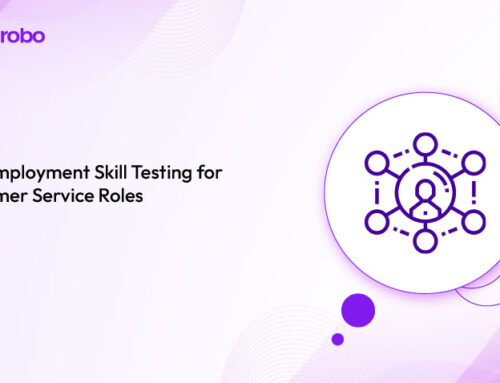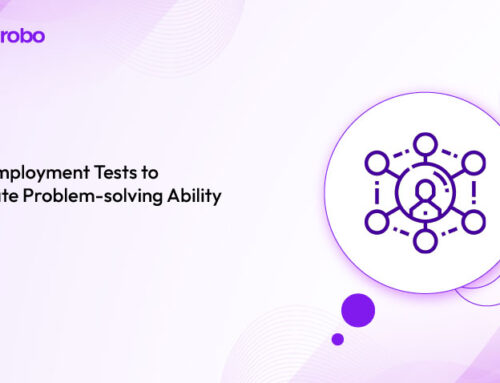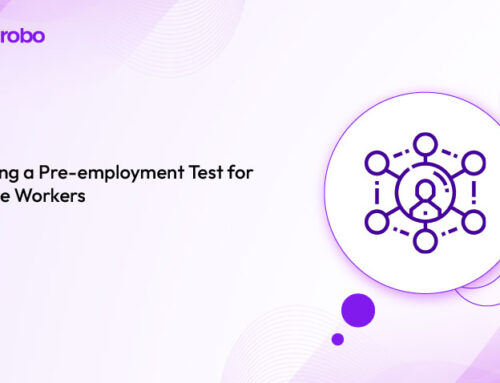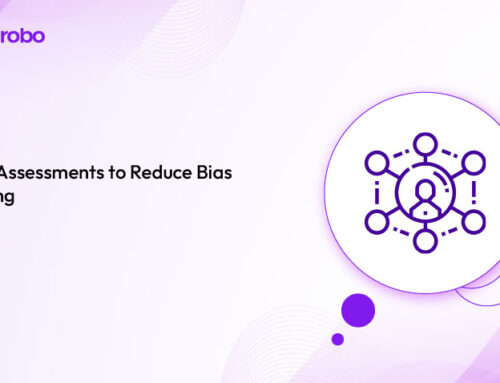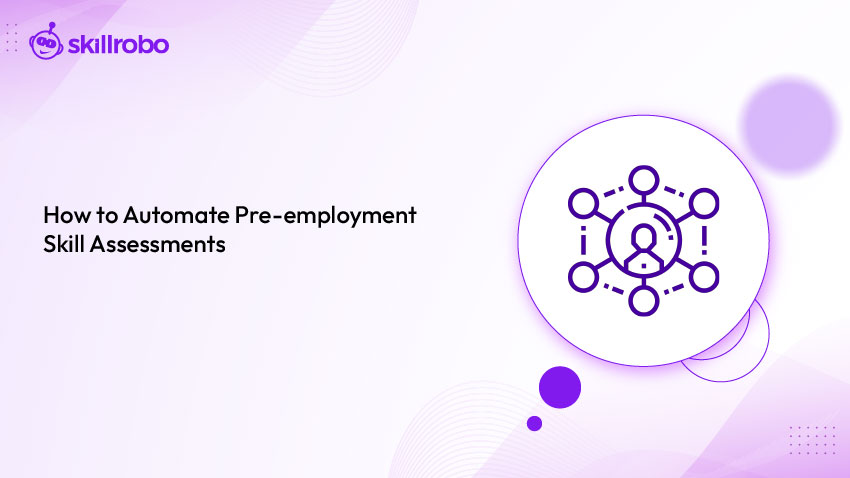
Key Takeaways
- Automating pre-employment assessments improves hiring speed and accuracy by evaluating real-world skills quickly.
- AI-powered platforms help scale candidate screening while reducing bias through standardized testing.
- Automation boosts recruiter productivity and improves the candidate experience with role-specific tests.
- Real-time analytics enable data-driven decisions and better team building.
Hiring Just Got Smarter
Sorting through resumes manually is like looking for a needle in a haystack—frustrating, time-consuming, and outdated. Automated pre-employment skill assessments offer a smarter way to identify top talent. Instead of relying on guesswork or resume fluff, these platforms test what matters: a candidate’s actual ability to do the job.
By using automation, hiring teams can filter applicants faster, assess skills more fairly, and spend less time coordinating interviews with mismatched candidates. These assessments not only validate technical abilities but also help evaluate communication, decision-making, and culture fit.
They add structure to the hiring process, making it easier to compare candidates objectively and reduce the influence of unconscious bias. Teams can create tailored tests, shorten the hiring cycle, and deliver a better experience to applicants, all while improving the overall quality of hires.
If your hiring process still revolves around paper resumes and instinct, it’s time for an upgrade.
Why Automate Skill Assessments?
Manual evaluations often lead to inconsistent results, unconscious bias, and slow decision-making. Traditional resume reviews and unstructured interviews can miss capable candidates who simply don’t present well on paper.
Automating skill assessments replaces this outdated approach with structured, role-specific evaluations that are faster, more objective, and backed by data.
Automation introduces consistency into your hiring process, every applicant is measured against the same criteria, regardless of resume formatting or background. It also allows recruiters to focus on strategic decisions instead of drowning in repetitive screening tasks.
What automation brings to the table:
- Fast Screening: Quickly filter unqualified candidates through instant test evaluation, reducing time-to-hire and freeing up recruiter bandwidth.
- Scalable Hiring: Assess multiple roles and high applicant volumes without bottlenecks, ideal for growing teams or organizations with constant hiring needs.
- Fair Evaluations: Remove subjectivity with standardized and anonymized assessments, helping reduce unconscious bias and improve diversity outcomes.
- Job Matching: Automatically generate tests tailored to specific job profiles, ensuring a closer match between role expectations and candidate performance.
- Data-Driven Results: Access dashboards with performance insights in real-time, enabling evidence-based hiring decisions and transparent evaluation.
Candidates benefit too. Automated assessments offer a smoother experience, with timely tests, relevant questions, and clear instructions, setting a professional tone from the very first interaction. This also helps build trust in your hiring process and enhances your employer brand.
Choosing the Right Platform
The right assessment platform should do more than score tests—it should help you streamline your entire hiring funnel. It should also offer flexibility to meet the evolving needs of various departments, job roles, and candidate volumes.
An ideal platform reduces manual work, brings consistency to hiring, and delivers insights that drive better decisions. With so many solutions available, choosing the right one comes down to evaluating features that combine ease of use with strategic capabilities.
A good platform should include:
- AI-Based Customization: The ability to automatically generate test content based on job descriptions, skill requirements, and role complexity.
- Intuitive Interface: An easy-to-use dashboard that allows HR teams to build, edit, and publish assessments independently, without needing developer support.
- Multiple Test Formats: Support for technical tasks, cognitive reasoning, soft skills, and even scenario-based questions—all from one platform.
- Bias Controls: Built-in fairness tools like anonymized evaluations, randomized question sets, and anti-cheating features to ensure equal opportunity.
- ATS Integration: Smooth integration with your applicant tracking system or HR platform to centralize candidate data and streamline workflows.
Additionally, look for platforms that offer reusable templates, reporting dashboards, and team collaboration features. Platforms with these capabilities reduce hiring time, enhance collaboration between hiring managers and recruiters, and help standardize talent evaluation across departments.
Benefits of Automating Skill Assessments
Beyond saving time, automation reshapes how companies hire by improving the quality and consistency of every decision. It enhances the effectiveness of HR teams, reduces administrative burden, and improves the candidate experience.
- Improved Productivity: Automated tests eliminate the need for manual scoring and repetitive resume reviews, allowing teams to focus on strategic initiatives.
- Consistent Candidate Experience: Every applicant receives the same assessment and fair evaluation process, regardless of where or when they apply.
- Higher Accuracy: Role-specific tests filter candidates based on real capabilities, not just resume claims, leading to higher-quality hires.
- Better Employer Branding: Candidates see a streamlined and professional assessment process, reinforcing your commitment to merit-based hiring.
- Scalable Hiring: Create standardized templates and reuse them across departments, making it easier to handle bulk or continuous hiring.
- Performance Insights: Visual dashboards give hiring teams a data-backed view of candidate strengths and gaps, helping inform final decisions.
The result? Faster, fairer, and more confident hiring across every department and level.
Designing Effective Automated Assessments
Automated skill assessments should reflect real-world tasks—not textbook questions or abstract puzzles. An effective test evaluates not just what a candidate knows, but how they think, communicate, and adapt to real scenarios they would face on the job.
Incorporating a variety of task types helps create a more complete picture of each applicant’s strengths. These tests should be clear, purposeful, and aligned with the outcomes your team expects from a successful hire.
Tips for building effective tests:
- Start with Role Needs: Identify both technical and soft skills needed for success and structure questions to evaluate them specifically.
- Include Practical Tasks: Use tasks that simulate real challenges, such as coding a basic function, resolving a customer issue, or interpreting market data.
- Use Mixed Formats: Combine multiple-choice, scenario-based simulations, and open-ended responses to cover all angles of performance.
- Set Scoring Rules: Apply consistent metrics like accuracy, completion time, and creativity to rank candidates objectively.
- Create Templates: Build modular test templates that can be reused or adjusted across different roles and departments.
With the right test structure and evaluation logic, you create a more predictive hiring process that’s consistent and scalable.
Skillrobo: Your Automation Partner
Skillrobo simplifies skill-based hiring through its AI-powered assessment platform. From software developers to customer service reps, Skillrobo offers pre-built and customizable tests that align with your job requirements.
What makes Skillrobo stand out:
- Custom Tests in Minutes: Create assessments using a visual interface, no coding needed.
- Real-Time Analytics: Instantly compare performance across applicants.
- Bias Reduction: Features like anonymized grading and AI monitoring ensure fair hiring.
- Test Variety: Assess technical, behavioral, or cognitive skills in one place.
- Smooth Integrations: Sync with ATS systems for seamless recruitment workflows.
Skillrobo helps businesses hire confidently, without guesswork. The platform is built for HR teams that want control, insight, and better hiring outcomes.
Conclusion: From Guesswork to Great Hires
Automated skill assessments are the missing link between high applicant volumes and high-performing teams. They provide clarity, fairness, and data—all essential for modern hiring.
With the right tools in place, your team can identify top candidates faster and with greater confidence. Platforms like Skillrobo make it easier to build assessments that match your exact needs, helping you hire smarter, not harder.
Ready to automate your hiring process? Get started with Skillrobo today.



